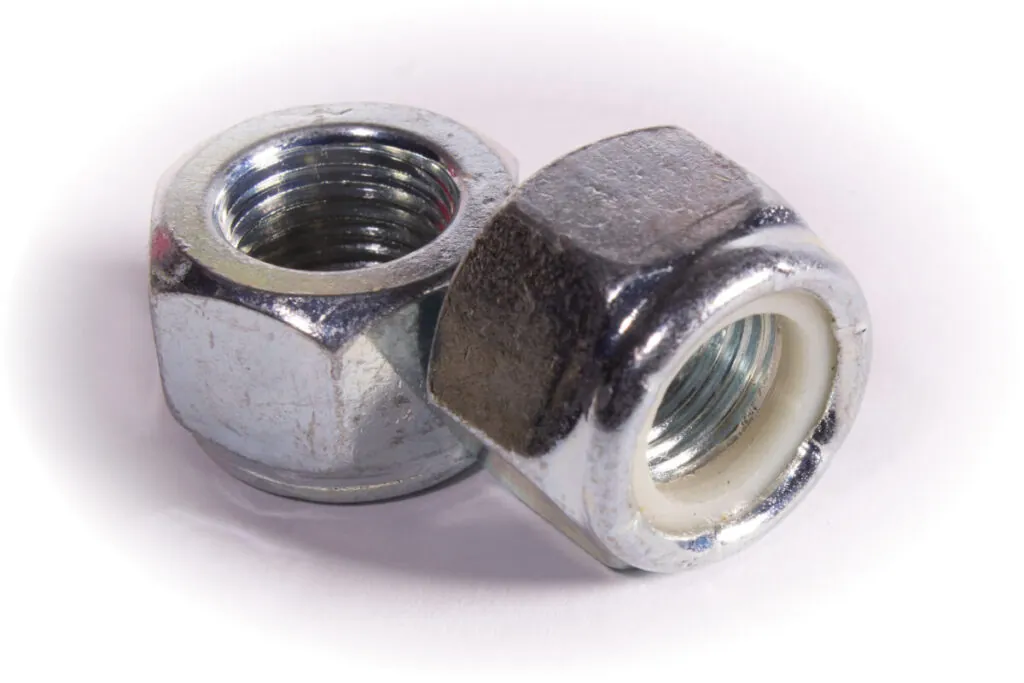Definition of Nylok Coating
A nylok coating is a thin layer of nylon applied inside or around nut threads to create friction that resists loosening. You use this coating on nuts and bolts when you need vibration resistance in assemblies. The nylon insert grips the bolt threads as you tighten it. That grip helps maintain clamp load under dynamic loads or vibration.
Engineers and buyers select nylok coating for applications in machinery, automotive, and equipment that face movement or thermal cycles. Choosing a nylok-coated fastener reduces the chance of joint failure and supports maintenance intervals in demanding environments.
Why It Matters for screws and fasteners
You avoid frequent re-tightening when you use a nylok-coated nut or bolt in vibrating equipment. That saves maintenance time and lowers downtime costs. If you manage assemblies in machinery or vehicles, the coating helps hold fasteners in place under movement or shocks.
You reduce risk of joint failure when you match coating type to operating temperature and chemical exposure. Using nylok coating beyond its temperature range may reduce friction. You protect product reliability by choosing the right locking method and planning for replacement if needed.
Related Terms
Nylon insert nutLock nut
Thread-locking adhesive
Vibration-resistant fastener
Prevailing torque nut
Anti-loosening device
FAQ
What temperature range suits nylok coating?
Nylok coating works well up to about 121°C. Beyond that, nylon may soften and lose locking force. For higher temperatures, choose a metal lock nut or other locking method rated for your conditions.
Can I reuse a nylok-coated nut?
You can reuse it a few times, but friction decreases with repeated use. For critical assemblies, replace nylok-coated nuts after removal to ensure proper locking performance and avoid joint loosening.
How do I choose between nylok coating and thread-locking adhesive?
Compare assembly process and environment. You use nylok coating for reusable joints and moderate temperatures. You use adhesive where you need higher temperature resistance or when disassembly is rare. Evaluate torque specs and service needs before deciding.
